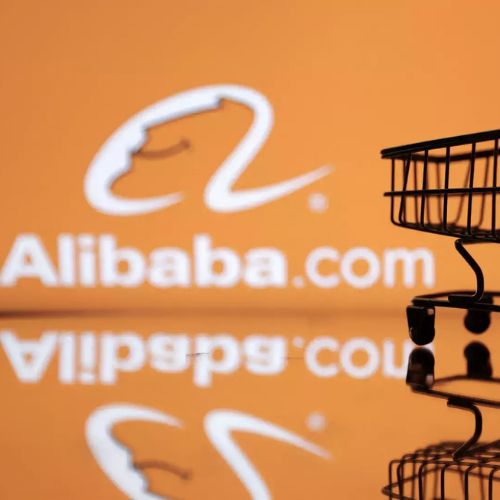
Introduction to Alibaba
Alibaba is a global e-commerce giant that has revolutionized the way wholesale trade is conducted. It was founded in 1999 by Jack Ma, a former English teacher from Hangzhou, China. What started as a B2B (business-to-business) platform for Chinese manufacturers and suppliers has now become a household name in the world of e-commerce.
With over 10 million active buyers and more than 100,000 suppliers on its platform, Alibaba has established itself as the go-to source for wholesale products from all around the world. Its success can be attributed to its innovative approach towards connecting buyers and sellers, making it easier for businesses of all sizes to access quality products at competitive prices.
How does Alibaba work?
Alibaba is an online platform that connects buyers and sellers from all around the world. It operates on a business-to-business (B2B) model, allowing businesses to buy and sell products in bulk at wholesale prices. The platform has revolutionized global trade by providing a convenient and efficient way for businesses to source products from suppliers worldwide.
But how exactly does Alibaba work? Let's take a closer look at the different elements of this powerhouse behind global wholesale trade.
1. Registration and Verification: The first step in using Alibaba is to register as a member on the platform. This process involves providing basic information about your business, such as company name, address, contact details, and product categories you are interested in. Once registered, businesses can also choose to become verified members by submitting relevant documents to prove their legitimacy.
2. Product Search: After registration, users can start searching for products by using specific keywords or browsing through different categories. Alibaba offers an extensive range of products across various industries, making it easy for businesses to find what they need.
3. Supplier Selection: Once potential suppliers are identified, businesses can view their profiles and compare prices, minimum order quantities (MOQs), product specifications, and other important details before making a decision. The supplier's profile also includes ratings and reviews from other buyers who have previously worked with them.
4. Communication: Alibaba provides multiple communication channels between buyers and sellers to facilitate negotiations or clarify any doubts before finalizing an order.
Benefits of using Alibaba for businesses
Alibaba has become a go-to platform for businesses of all sizes looking to source products at wholesale prices. With over 10 million active buyers and sellers from over 200 countries, Alibaba offers unprecedented access to global wholesale trade. In this section, we will explore the benefits of using Alibaba for businesses.
1. Wide range of suppliers and products: One of the biggest advantages of using Alibaba is its vast network of suppliers and products. From small businesses to large corporations, there are millions of suppliers offering a wide variety of products on the platform. This allows businesses to find exactly what they need at competitive prices, without having to search multiple sources.
2. Competitive pricing: As a business owner, keeping costs low is essential for maximizing profits. Alibaba direct-to-manufacturer model eliminates middlemen and allows businesses to purchase goods directly from suppliers at factory prices. This not only cuts down on costs but also enables businesses to negotiate better deals with suppliers.
Future prospects for Alibaba in the global wholesale trade market
Alibaba, the Chinese multinational technology company and e-commerce giant, has become a major player in the global wholesale trade market. With its innovative business model and advanced technological capabilities, Alibaba has revolutionized the traditional wholesale industry and is now poised to dominate the future of this market.
As Alibaba continues to expand its reach globally, it is expected to experience significant growth in the coming years. The company's recent investments in international markets, such as Southeast Asia and Europe, have already shown promising results. In fact, according to a report by Statista, Alibaba revenue from international commerce increased by 19% in 2020 compared to the previous year.
One of the key factors that will drive Alibaba future prospects in the global wholesale trade market is its strong focus on digitalization and technology. The company has invested heavily in developing cutting-edge technologies like artificial intelligence (AI), big data analytics, cloud computing, and blockchain. These technologies not only enable Alibaba to provide seamless online trading services but also help improve efficiency and reduce costs for both buyers and sellers.
Conclusion
As we have seen, Alibaba is a powerhouse in the world of global wholesale trade. It has revolutionized the way businesses conduct transactions and connect with suppliers from all over the world. With its diverse range of products, competitive prices, and efficient services, it has become a go-to platform for many businesses looking to expand their reach and tap into new markets. As Alibaba continues to innovate and grow, it will undoubtedly play a significant role in shaping the future of international trade.



